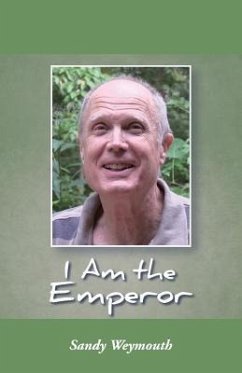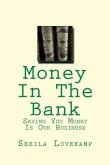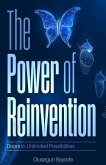This is a book about feelings. "It can be helpful to look at them," Sandy Weymouth writes, "analyze them, think and talk about them, express them in some way. But if you really want to do something about them, feel them. As deeply and completely as possible." This sounds easy, but we rarely do it. We're conditioned to stop feeling anything that gives us the slightest discomfort. We relieve feelings by suppressing them. But human culture, the author explains, has come to a turning point. Technology, in spite of its dangers, has made us safer than ever before, which allows us to open up to the feelings we have long tried to stifle. This book argues that "the very ways of thinking and behaving that have made this dominant, technological species so spectacularly successful must turn upside down so that the species' full power to alter and destroy is not realized. Only at and after the climax of life can a total self-gratification culture work. And from then on it's the only one that will work."
Hinweis: Dieser Artikel kann nur an eine deutsche Lieferadresse ausgeliefert werden.
Hinweis: Dieser Artikel kann nur an eine deutsche Lieferadresse ausgeliefert werden.








